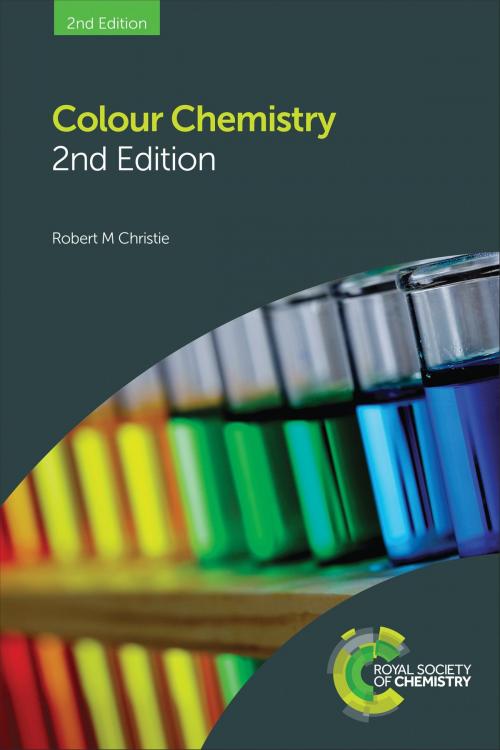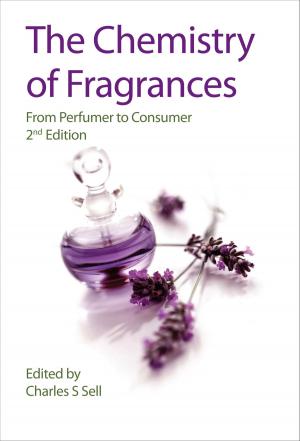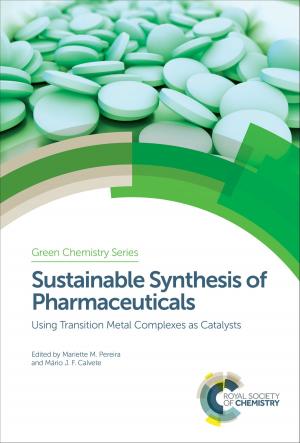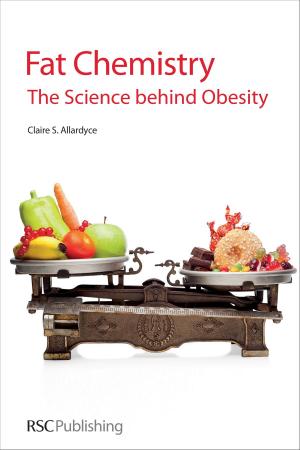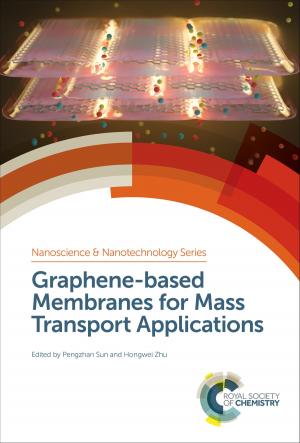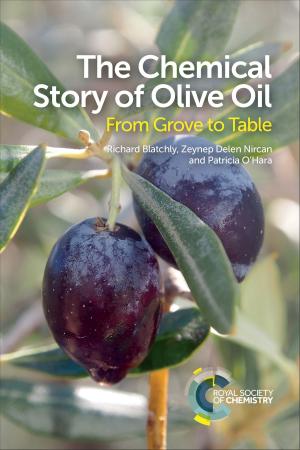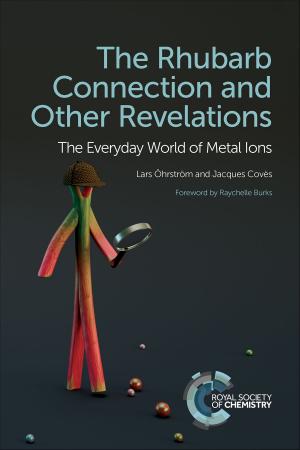Colour Chemistry
Nonfiction, Science & Nature, Science, Chemistry, General Chemistry, Reference & Language, Education & Teaching, Higher Education| Author: | Robert Christie | ISBN: | 9781782625315 |
| Publisher: | Royal Society of Chemistry | Publication: | November 9, 2015 |
| Imprint: | Royal Society of Chemistry | Language: | English |
| Author: | Robert Christie |
| ISBN: | 9781782625315 |
| Publisher: | Royal Society of Chemistry |
| Publication: | November 9, 2015 |
| Imprint: | Royal Society of Chemistry |
| Language: | English |
This revised and up-dated second edition provides a current insight into how the fundamental principles of the chemistry of colour are applied in dyes and pigments. The text has been expanded and re-written throughout, while largely maintaining the structure of the first edition. In particular, the chapter on functional dyes has been substantially re-written to embrace the significant developments in chemistry and technology that this area has experienced in the last decade. As industry and society have become increasingly sensitive towards environmental issues, the chapter describing how the colour industry has been responding is expanded to reflect this growing importance. A new chapter is introduced on colour in cosmetics, with particular emphasis on hair dyes, reflecting the growing international, industrial significance of this topic. This chapter is co-written with Dr Olivier Morel.
Colour Chemistry will be of interest to academics and industrialists who are specialists in colour science or who have involvement with the diverse range of coloured materials, for example traditional application in textiles, paints, printing inks, plastics and cosmetics, and functional applications in electronics and biology. Broad and balanced in its coverage, this book provides an introduction to the chemistry of colour that is ideal for students, graduates and those in industry and academia seeking an introduction to the topic.
This revised and up-dated second edition provides a current insight into how the fundamental principles of the chemistry of colour are applied in dyes and pigments. The text has been expanded and re-written throughout, while largely maintaining the structure of the first edition. In particular, the chapter on functional dyes has been substantially re-written to embrace the significant developments in chemistry and technology that this area has experienced in the last decade. As industry and society have become increasingly sensitive towards environmental issues, the chapter describing how the colour industry has been responding is expanded to reflect this growing importance. A new chapter is introduced on colour in cosmetics, with particular emphasis on hair dyes, reflecting the growing international, industrial significance of this topic. This chapter is co-written with Dr Olivier Morel.
Colour Chemistry will be of interest to academics and industrialists who are specialists in colour science or who have involvement with the diverse range of coloured materials, for example traditional application in textiles, paints, printing inks, plastics and cosmetics, and functional applications in electronics and biology. Broad and balanced in its coverage, this book provides an introduction to the chemistry of colour that is ideal for students, graduates and those in industry and academia seeking an introduction to the topic.
